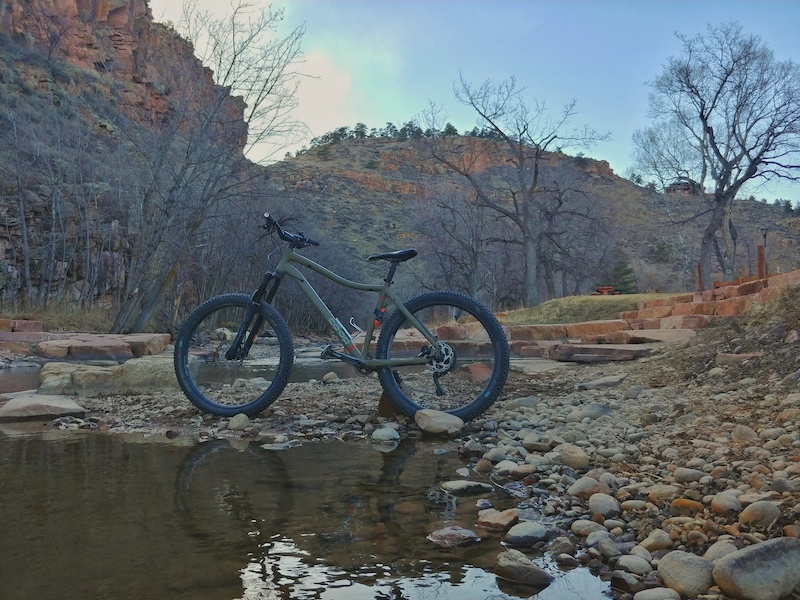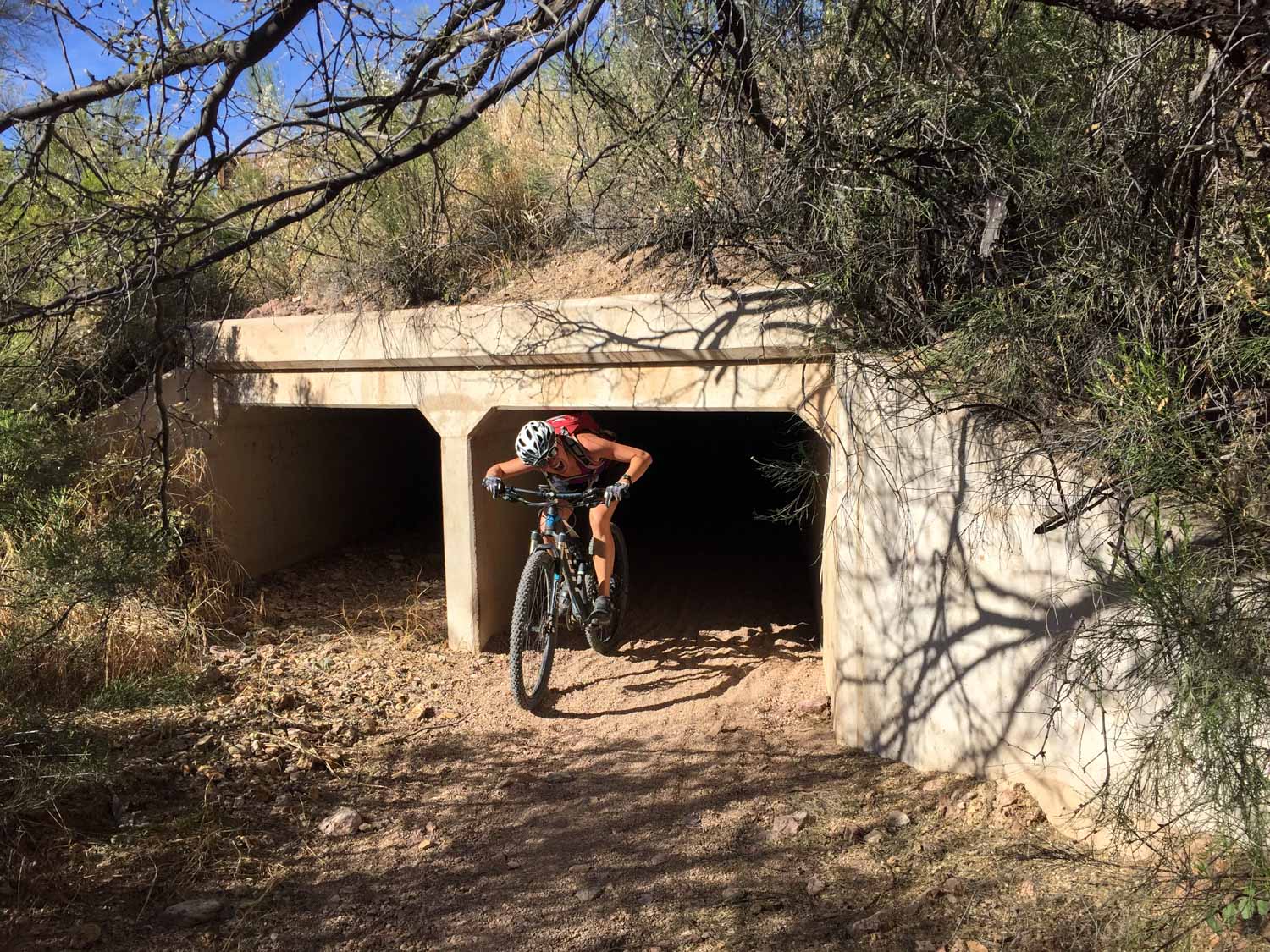
Whether you're looking for the perfect powder field or the savage kickers, backcountry snowboarding is one of the most rewarding snowboarding disciplines. However, it is a bit more dangerous than resort ski. You will need to know how to read snow, use equipment safely, and be alert for avalanche danger. Here are a few tips to help you get started:
An avalanche safety course should be taken before you leave. You'll learn about the dangers associated with avalanches as well as how to pick a safe spot to board. You will also learn how to provide wilderness first-aid and choose the right gear depending on the situation. A shovel, an avalanche transceiver and a probe are all essential.
It is best to start small when you first begin backcountry riding. Start small with the kickers and don’t venture too far off the beaten trail. Eventually, you'll be able to take your first hit and have a good time.

Guides are essential for anyone who ventures into the backcountry. They will help you find the best trails and keep your group safe. A guide will also be able to help you avoid dangerous places like cliffs. You can also learn how to use snowshoes and avalanche transceivers from a guide. A buddy is a good friend to have as a guide if you don’t have one. You will be able to trust your guide and you won't have to go alone.
Once you get started, make sure you get out regularly. The more you get out on the trails, the better you will be. Even if the goal is not to snowboard off-piste at all, it is essential to get some practice before venturing into backcountry. To get the best out of your trip, practice on both powder and the slopes.
You will need to take an avalanche safety class if you are going into the backcountry for your first time. You can find a course at your local ski resort or an outdoor club. It's a good idea for you to take it every couple years. You'll be able to operate your avalanche transmitter, which is what you will need when you go into the backcountry. You can also practice CPR with a companion rescue. It's also a good idea that you don't pack empty bottles.
Take care to review the snow conditions before you travel on a backcountry skiing trip. Avalanche warnings should be avoided, but you also need to research the area to ensure your safety. You might need a buddy for picking ungroomed lands, so make sure to bring a shovel with you and an avalanche transceiver.

Backcountry snowboarding is not for everyone. If you don't have the skills or the experience, it's best to get a guide. It's dangerous to venture off-piste even if your experience is good. It is important to be careful, particularly when the snow has fallen heavily.
FAQ
What skills do I need for extreme sports?
It is essential to practice every day in order to be proficient in any extreme sport.
Practice includes learning new moves and tricks. This will help improve your performance.
Before trying to do anything new, you must be familiar with basic safety rules.
Helmets are a good example of protective gear that you should wear. Keep your distance from others.
And you should never try to perform stunts without a spotter. A spotter is there to supervise you while performing your stunt.
Why are extreme sports becoming more popular?
We believe extreme sports have grown in popularity because people want something different. They love being part of something unique.
They love taking risks and seeing how far they can go.
People also enjoy watching other people perform their stunts.
Another reason for the increase in popularity is that extreme sports are now available in places that weren't before. For example, indoor skydiving is possible in many cities. There are companies offering bungee jumping all around the globe.
What are the advantages of extreme sports?
Participating in extreme sports offers many health benefits. These are just a few.
-
You can stay healthy by exercising. When you exercise, you burn calories. Exercise can also help you lose weight. So you look better.
-
Extreme sports can help you build self-confidence. Extreme sports can make people feel better about themselves.
-
Extreme sports bring out the best in you. There is nothing better than feeling free and full of energy.
-
Extreme sports are adventure. What could be more thrilling than being adventurous? You will never know what you'll find.
-
Extreme sports are safe. No matter what sports you choose, they are safe.
-
Extreme sports can be dangerous. Most extreme sports are safe if done correctly.
-
Extreme sports are great for relaxation. It is important to find something you enjoy doing to relax.
-
Extreme sports are good for character building. Extreme sports help you develop discipline, courage, and perseverance. These qualities are essential for everyday life.
-
Extreme sports will help you grow stronger. Extreme sports often involve physical activity. This increases your strength and endurance.
-
Extreme sports encourage fitness. Fitness is essential for everyone. It enhances your quality life.
-
Extreme Sports are an excellent form of recreation. Extreme sports can be a wonderful way to spend time with loved ones, friends, and even yourself.
What companies are most likely to sponsor extreme sports?
Sponsoring extreme sports events, like BMX racing, skating, and snowboard competitions, is a lucrative business venture that often involves large corporations. They are often active in the local community where they work. Coca-Cola is a sponsor of many sporting events in North America. Coca-Cola also supports youth camps and programs at the local, national, and international levels. Coke also sponsors the annual Coca-Cola Rock ‘N’ Roll Marathon in New York City. This event attracts approximately 100,000 runners from all over the world.
What makes a sport extremely extreme?
Sports have been around since antiquity. They've evolved to be more than just competitions for athletes. Some sports have become part of our culture.
Due to their intense competition, certain sports are considered extreme. Professional basketball players compete against each other nearly every day for hours. Other sports are more extreme as they require special equipment. Snowboarding involves riding down hills with two wheels attached to your bottom.
Some sports are extreme simply because they have different rules. Soccer, for example, is played differently to American football.
Some sports are extreme because they require their athletes to do feats such as gymnastics. Gymnastics, for instance, is a difficult sport because it requires athletes to balance on different objects while not falling.
Is extreme sport expensive equipment?
Yes. Equipment for extreme sports can cost thousands of Dollars. However, these people don't need a lot of money.
Statistics
- Overall participation has grown by more than 60% since 1998 - from 5.9 million in 1998 to 9.6 million in 2004 Artificial Wall Climbing. (momsteam.com)
- Landscaping and grounds-keeping— according to government labor statistics, about 18 out of 100,000 workers in the landscaping industry are killed on the job each year. (rosenfeldinjurylawyers.com)
- Boxing— 90% of boxers suffer brain damage over their careers, and this is not surprising in the least, considering that they are throwing punches at each other's heads. (rosenfeldinjurylawyers.com)
- Approximately 50% of all wakeboarders have been participating in the sport for 1-3 years. (momsteam.com)
- According to the United States Parachuting Association, about 21 people die yearly from skydiving. (livehealthy.chron.com)
External Links
How To
How do you learn parkour skills?
Parkour can be described as a free-running technique in which people run through obstacles, such as trees, fences or buildings. Parkour is a popular sport with millions of people around the world. Parkour comes in many forms, including freestyle and wall climbing, as well as urban exploration, rescue, escape, urban combat and other.
Fitness is any activity that increases your physical fitness and overall health. It could mean going to the gym or walking. Parkour is considered an athletic sport since it requires athletes who can use their body strength, speed balance, coordination, agility, and coordination.
Here are some tips for parkour beginners:
-
Do not choose a location with stairs or any other places that could be dangerous. Avoid hills, choose flat ground and climb trees if possible.
-
Proper footwear is made of leather or rubber. If you aren't sure which shoe is best for you, you can try all of them and find the ones that feel right. The right shoes can make a parkour session or not.
-
Take water bottles with you and snacks for practice sessions.
-
Before you begin a parkour lesson, it is important to warm up. This means warming up your muscles and getting ready to go. Slowly increase intensity until you feel your muscles are fully warm.
-
Jumping is not about relying on your arms and legs. Instead, you should focus on your core and back muscles to jump over obstacles.
-
Do not overdo it. Take breaks whenever you need to. This allows you to recover quickly from the exercise without getting injured.
-
You can listen to music while doing parkour. Music helps to relax and help you concentrate.
-
After each session, stretch your muscles and joints to prevent injuries.
-
Do not forget to clean up after your self, especially if you are doing so in public. You will not endanger someone else.
-
Keep track of your progress by noting down your performance in a journal. This will help you to always recall your strengths and weaknesses.
-
Remember, parkour is intended to be fun. So enjoy the process and never let the fear of falling hold you back. Do not be afraid to fall. Get up and keep going.
-
Every day you can learn new tricks.
-
Eat healthy food. A high protein diet can help you build muscle mass faster.
-
Look for a mentor. Mentors usually teach you how to make certain moves, and they also advise you about improving your skills.
-
Do not be afraid of asking questions. It's a joy to help fellow enthusiasts learn new things. Ask!
-
Practice makes perfect. Training is a must, so get out there and start training whenever you can.
-
Have fun
-
Last but certainly not least, keep safe!